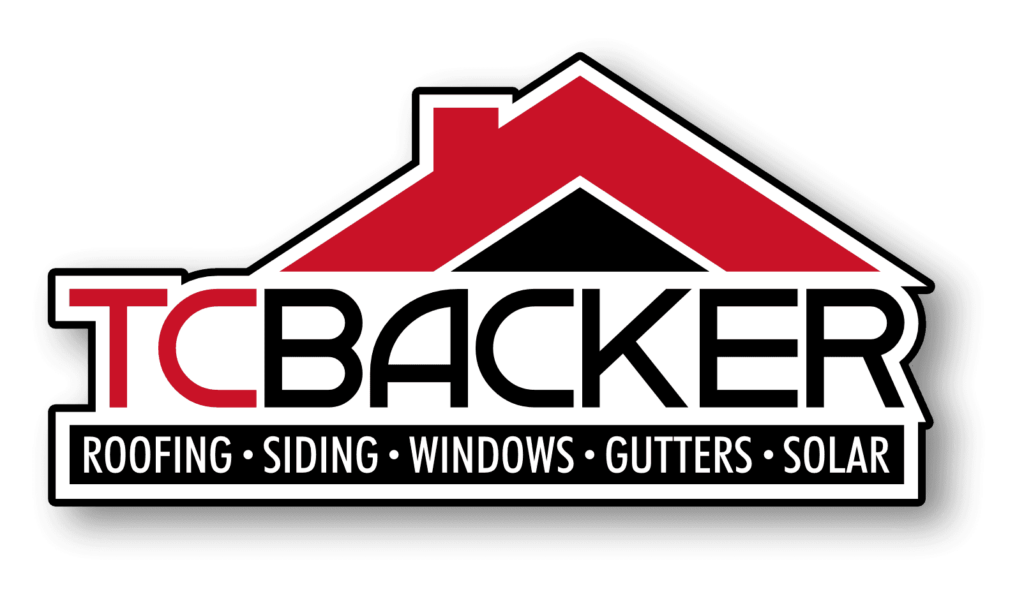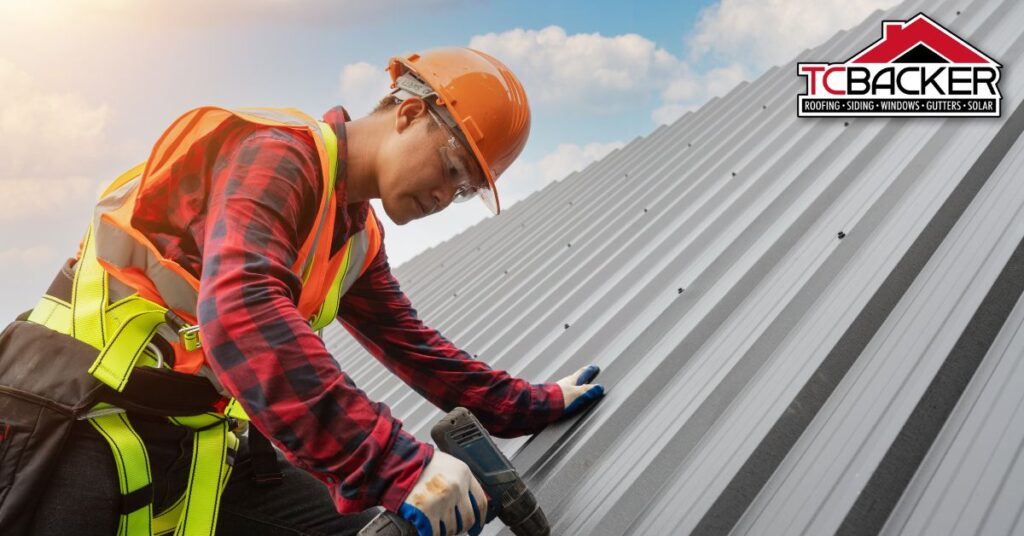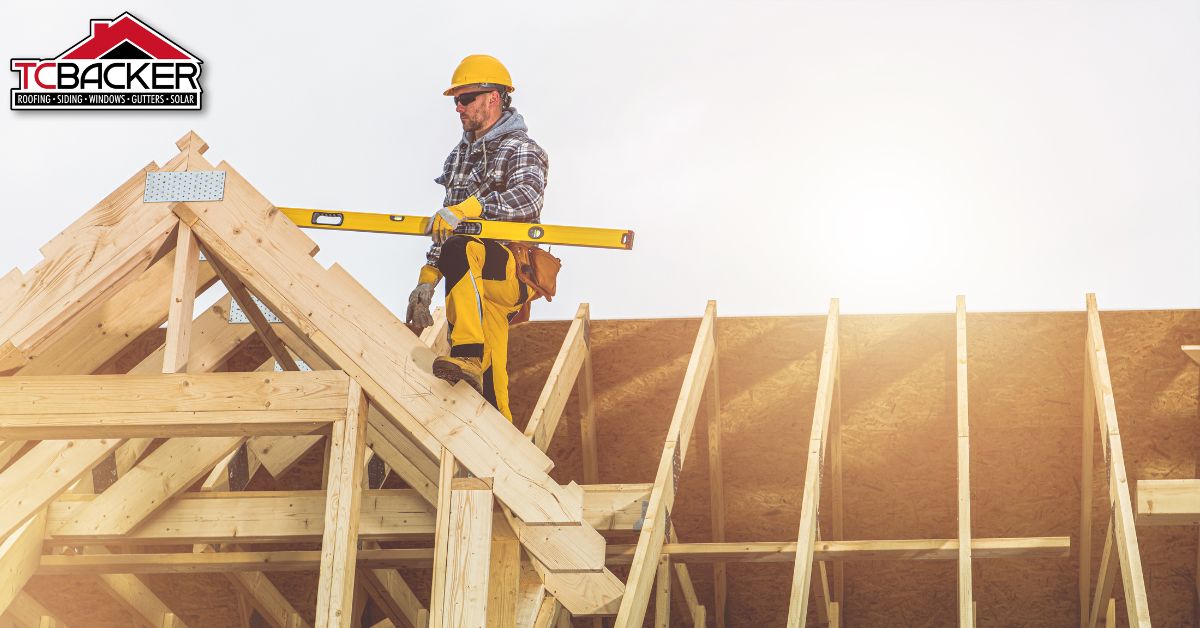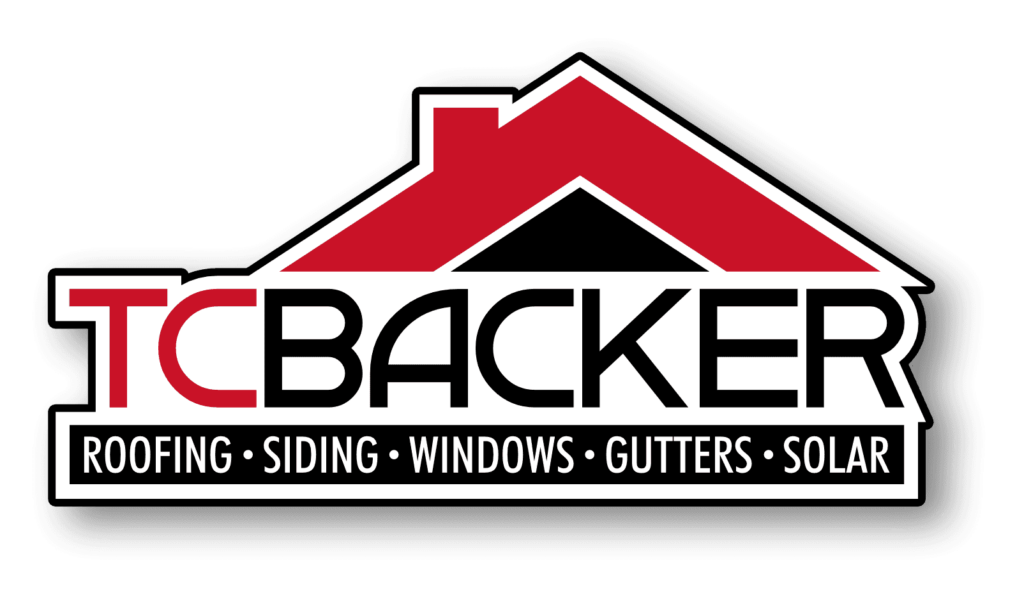For a successful roof installation, prioritize selecting a reputable local contractor. Verify their credentials and assess customer reviews to gauge reliability. In searching for roof installation near me, understand the various material options available, balancing durability and budget considerations. Careful budgeting is essential; get multiple quotes and set aside funds for unexpected expenses. Schedule your installation thoughtfully, avoiding extreme weather conditions, and ensure your home is well-prepared by clearing the area and protecting valuable items. Regular inspections and maintenance are crucial for longevity. Following these guidelines will pave the way for a smooth installation process, with further insights to enhance your project experience waiting to be uncovered.
Key Takeaways
- Choose a reputable local contractor by verifying licenses, insurance, and checking customer reviews for reliability and quality.
- Understand roofing material options to make informed decisions based on your budget and local climate conditions.
- Plan and budget comprehensively, including material costs, labor, and a contingency fund for unexpected expenses.
- Schedule installation during favorable weather and ensure the work area is clear for safety and efficiency.
- Conduct regular roof inspections and maintenance to identify issues early and extend the roof’s lifespan.
Choosing the Right Local Contractor

Selecting the right local contractor is crucial for ensuring a successful roof installation project that meets both quality standards and budgetary constraints. A reputable contractor not only possesses the necessary skills and experience but also understands local building codes and regulations, ensuring that your project is compliant and safe.
When embarking on the search for a contractor, begin by identifying those who specialize in roofing and have a strong local presence. Local contractors are more likely to have a vested interest in maintaining their reputation within the community, which can lead to higher standards of workmanship and customer service. Furthermore, they are often more accessible for consultations and follow-up services.
It is essential to request detailed estimates from several contractors. These estimates should outline the scope of work, materials to be used, and the timeline for completion. A thorough comparison can help gauge not only pricing but also the level of professionalism and transparency each contractor offers.
Additionally, consider the contractor’s approach to communication. A contractor who is responsive and willing to address your questions and concerns can significantly enhance your overall project experience. Clear communication is vital for aligning expectations and ensuring that any issues are promptly resolved during the installation process.
Check Credentials and Reviews

Verifying the credentials and customer reviews of potential roofing contractors is essential to ensure you are hiring a qualified professional for your installation project. A reputable contractor will possess the necessary licenses and insurance, which not only demonstrates their compliance with local regulations but also protects you from liability in the event of accidents or damages during the roofing process. Always request to see these documents and verify their validity with appropriate local authorities.
In addition to checking credentials, customer reviews serve as a valuable resource for evaluating a contractor’s track record. Websites such as Google, Yelp, and Angie’s List provide platforms where previous clients share their experiences, highlighting both positive and negative aspects of the contractor’s work. Pay close attention to recurring themes in reviews, as they can give insight into the contractor’s reliability, quality of work, and overall professionalism.
Moreover, consider asking for references directly from the contractor. Speaking with past clients can offer firsthand accounts of their satisfaction with the roofing project, as well as the contractor’s communication style and timeliness.
Ultimately, investing time in researching and verifying the credentials and reviews of potential roofing contractors will significantly enhance your chances of a successful project. By selecting a qualified professional with a proven track record, you can proceed with confidence, knowing that your roof installation is in capable hands.
Understand Material Options

Understanding the various roofing material options available is crucial for making an informed decision that aligns with your budget, aesthetic preferences, and the climate of your region.
Each roofing material presents distinct advantages and disadvantages, impacting not only the visual appeal of your home but also its long-term durability and energy efficiency.
Asphalt shingles are among the most popular choices due to their affordability and ease of installation. They come in a range of colors and styles, making them versatile for various architectural designs.
Metal roofing, while typically more expensive upfront, offers exceptional durability and energy efficiency, reflecting sunlight and reducing cooling costs. Additionally, metal roofs can withstand extreme weather conditions, making them suitable for areas prone to storms.
For a more traditional look, wooden shakes or shingles provide natural beauty and insulation but require regular maintenance to prevent rot and insect damage.
Tile roofing, often seen in Mediterranean-style homes, is highly durable and fire-resistant, though its weight necessitates a strong underlying structure.
Lastly, slate roofing, known for its longevity and elegance, is a premium option that can last over a century but comes with a higher price tag and installation complexity.
Ultimately, your choice of roofing material should consider not only the initial costs but also the long-term implications for maintenance and energy efficiency.
Consulting with a roofing professional can help clarify the best options that meet your specific needs and preferences.
Plan Your Budget

Establishing a comprehensive budget for your roofing project is essential to ensure that all aspects of the installation process are adequately funded and executed without unexpected financial strain. A well-planned budget serves as a financial blueprint, guiding your decisions and helping you prioritize expenditures.
Begin by assessing the total cost of materials, including shingles, underlayment, flashing, and ventilation systems. Research various material options and their associated costs, as this will influence your overall budget.
Additionally, factor in labor costs, which can vary based on the complexity of the project and the experience level of the roofing contractor. Obtaining multiple quotes can provide valuable insight into what is a fair price for the work to be done.
It is also prudent to set aside a contingency fund, typically around 10-15% of your total budget, to address any unexpected expenses that may arise during the installation process. These could include hidden damage to the underlying structure or changes in design that require additional materials.
Schedule the Installation

Once your budget is in place, the next step is to schedule the installation to ensure a smooth and timely process. Proper scheduling is crucial, as it allows you to coordinate with your roofing contractor and manage any potential disruptions to your daily life. Here are some key considerations to keep in mind when scheduling your roof installation:
| Consideration | Details |
| Weather Conditions | Check the forecast to avoid scheduling during bad weather, which can delay the installation. |
| Contractor Availability | Ensure your chosen contractor is available during your preferred timeframe to avoid conflicts. |
| Material Delivery | Confirm that all materials will arrive prior to the installation date to prevent interruptions. |
| Time of Year | Certain seasons may be busier for contractors; aim for off-peak times for better availability. |
Once these factors are assessed, communicate clearly with your roofing contractor. Discuss your preferences and any potential constraints, such as work hours and access to your property. A well-established timeline will not only help you manage expectations but also facilitate a cooperative relationship with your contractor. Furthermore, having a flexible schedule can be beneficial, as unexpected delays may arise. By taking the time to carefully schedule your roof installation, you pave the way for a successful project that meets your needs and adheres to your budget.
Prepare Your Home
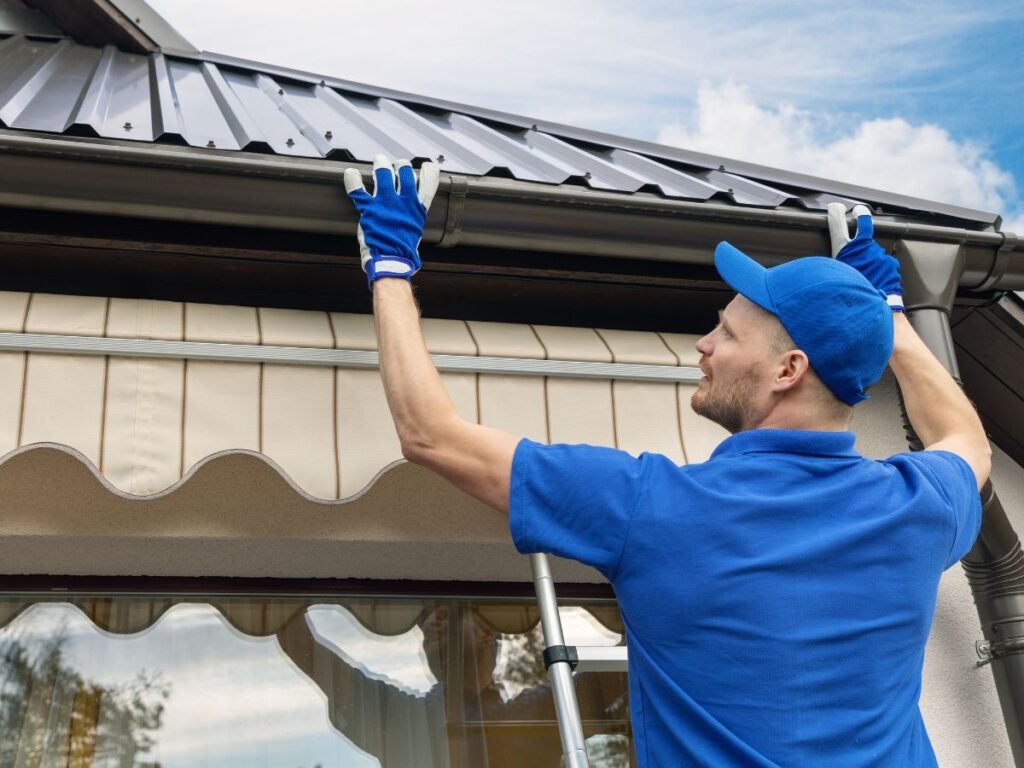
Preparing your home appropriately before a roof installation is essential to ensure both the safety of your property and the efficiency of the project. A well-prepared environment minimizes risks and facilitates a smoother workflow for the roofing team.
Begin by clearing the area around your home. Remove any outdoor furniture, planters, or decorations that could obstruct access to your roof or pose a hazard during the installation. Ensure that vehicles are parked away from the worksite to provide ample space for equipment and materials.
Next, secure your interior. Move valuables and fragile items away from windows and exterior walls to prevent damage from falling debris or vibrations. It is also wise to cover furniture and other items inside your home with drop cloths for added protection.
Communicate with your roofing contractor regarding your specific needs and concerns. This dialogue can help them understand any unique challenges your property may present and allow for tailored preparations.
Additionally, inform your neighbors about the upcoming work. This courtesy can help them prepare for any noise or disruption. It’s also helpful to check local regulations or homeowner association guidelines to ensure compliance during the installation process.
Importance of Roof Inspections
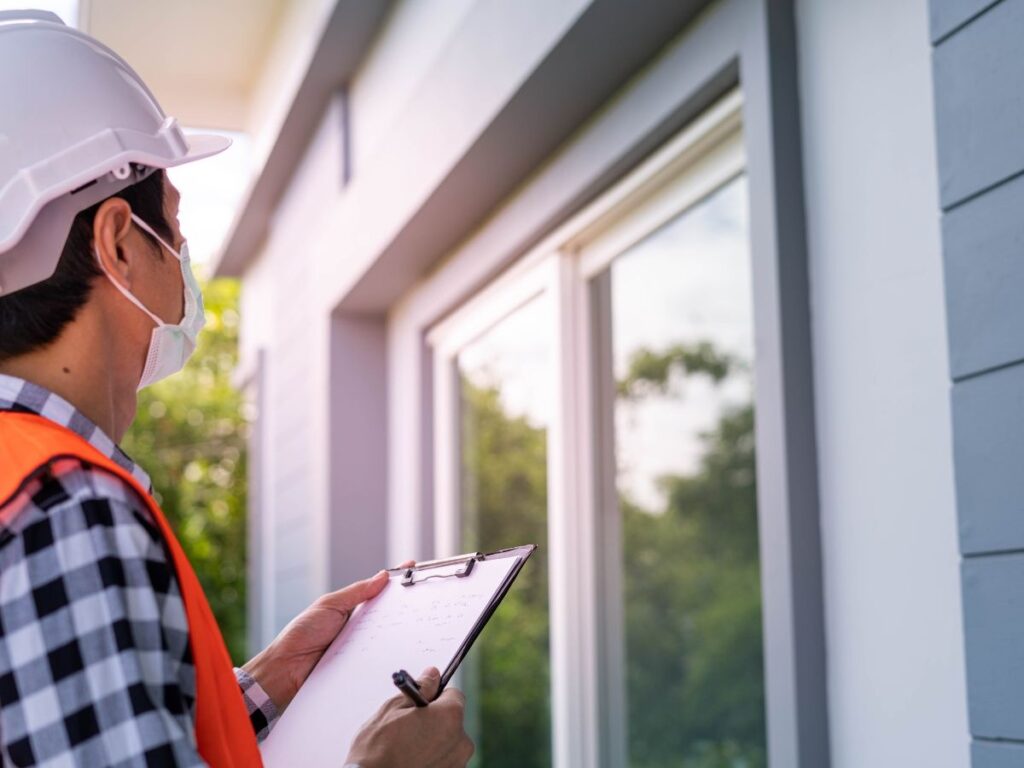
Regular roof inspections are crucial for identifying potential issues early and ensuring the longevity and integrity of your roofing system.
Over time, roofs endure various stresses from weather conditions, debris accumulation, and general wear and tear. These factors can lead to problems such as leaks, mold growth, and structural damage. By conducting regular inspections, you can uncover these issues before they escalate into more significant and costly repairs.
A professional inspection typically involves a thorough examination of all roofing components, including shingles, flashing, gutters, and ventilation systems. Inspectors look for signs of damage, such as cracked or missing shingles, rusted flashing, or clogged gutters. By addressing these concerns promptly, you not only extend the life of your roof but also enhance the overall efficiency of your home.
Moreover, many roofing warranties require regular inspections to remain valid. Failure to comply with these stipulations can leave homeowners exposed to unexpected repair costs.
It’s essential to document inspections and any repairs made, as this information can be invaluable when dealing with insurance claims or selling your home.
Maintain Your New Roof
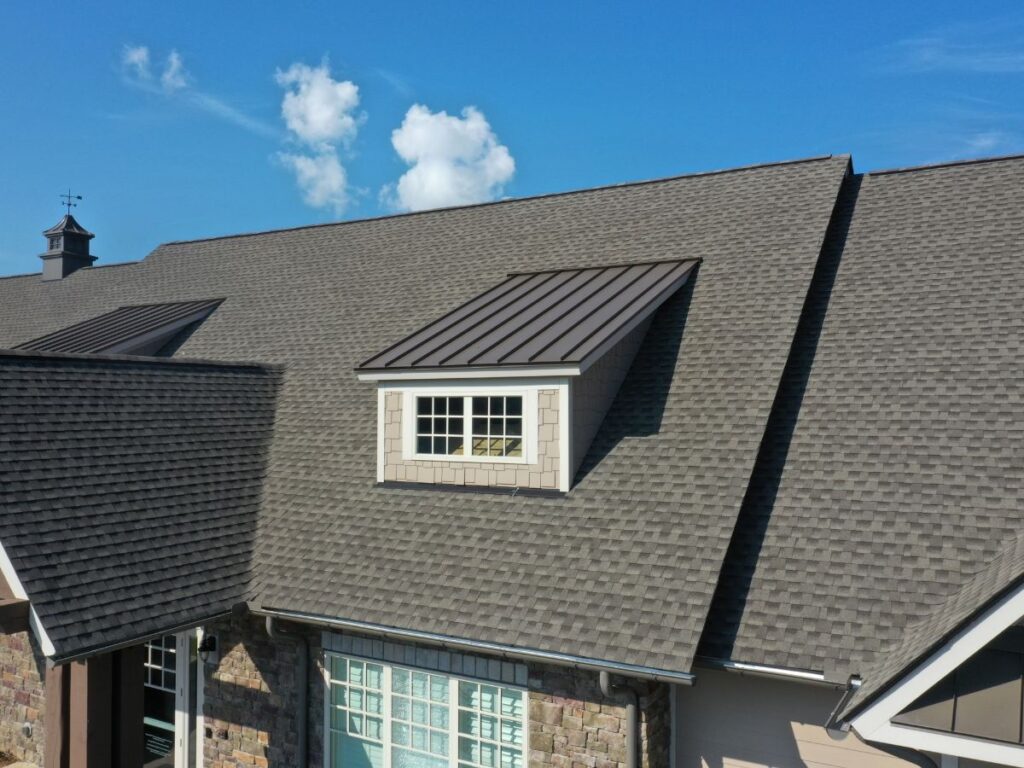
After ensuring your roof is in good condition through regular inspections, maintaining your new roof is vital for maximizing its lifespan and performance. Proper maintenance involves a combination of routine checks, prompt repairs, and seasonal preparations to safeguard your investment against the elements.
Begin by conducting visual inspections at least twice a year, ideally in spring and fall. Look for any signs of wear, such as cracked shingles, rusted flashing, or debris accumulation in gutters. Keeping gutters clean is crucial, as blocked gutters can lead to water pooling and potential leaks, causing damage to both the roof and the underlying structure.
Additionally, trim overhanging branches to prevent them from scratching the roof surface or falling during storms. If moss or algae growth is observed, treat it promptly with appropriate cleaning solutions to avoid deterioration.
Pay attention to the interior of your home as well. Water stains on ceilings or walls can indicate roof leaks that need immediate attention.
Employing a professional for regular maintenance checks can be beneficial, as they can identify issues that may not be apparent to the untrained eye.
Final Thoughts
A successful roof installation begins with careful preparation, from selecting the right contractor and materials to scheduling and prepping your home. Understanding the process, planning your budget, and maintaining your new roof through regular inspections will ensure lasting durability and protection. By focusing on detail and maintaining open communication, you can achieve a smooth, worry-free installation that boosts both the functionality and appearance of your home.
Let TC Backer Construction guide you through a seamless roof installation. Our experienced team will ensure your project is completed to the highest standards, providing long-term protection and enhanced curb appeal. Call us today at (866) 585-6595 or reach out online to schedule a consultation. Trust TC Backer to deliver quality roofing solutions tailored to your home’s needs!

